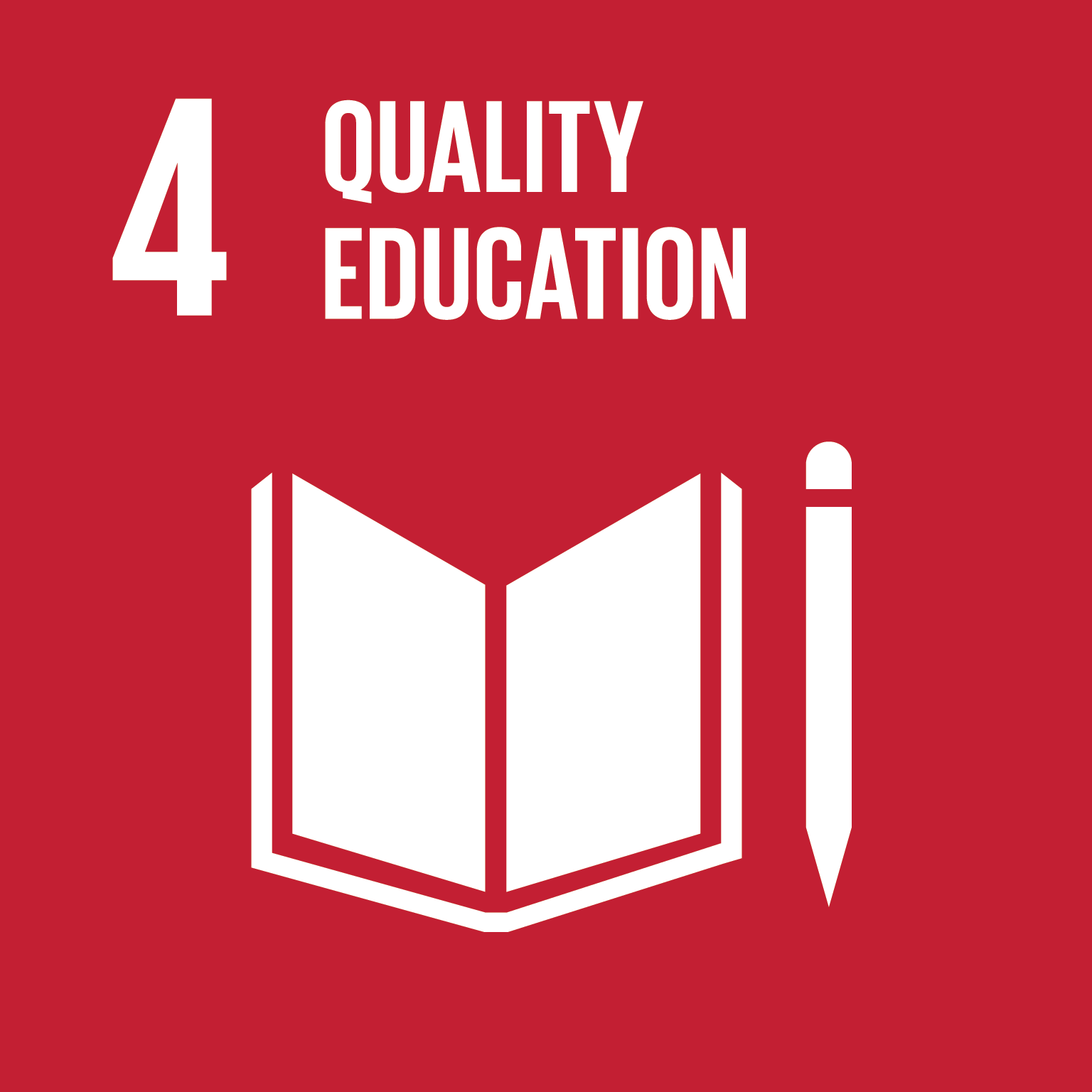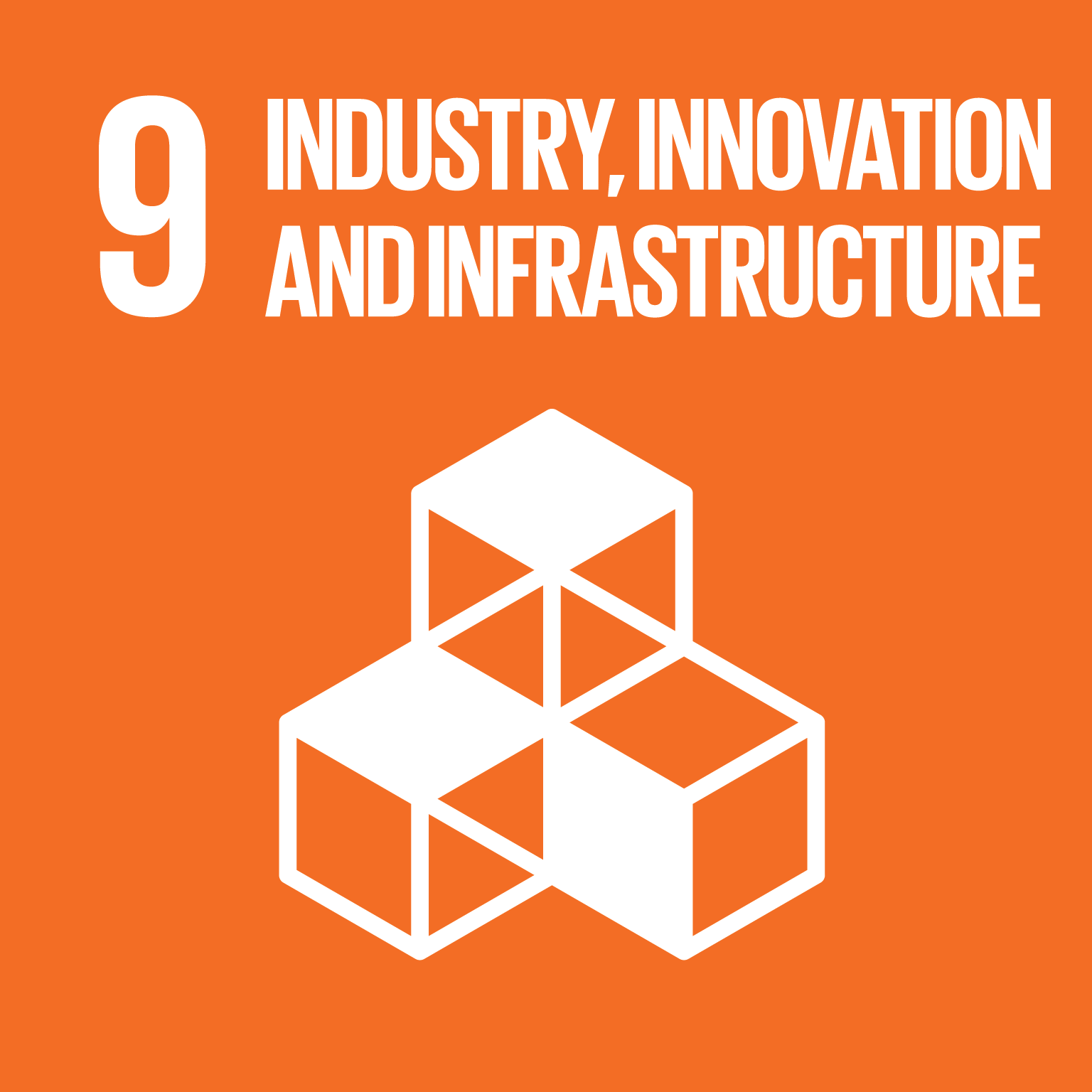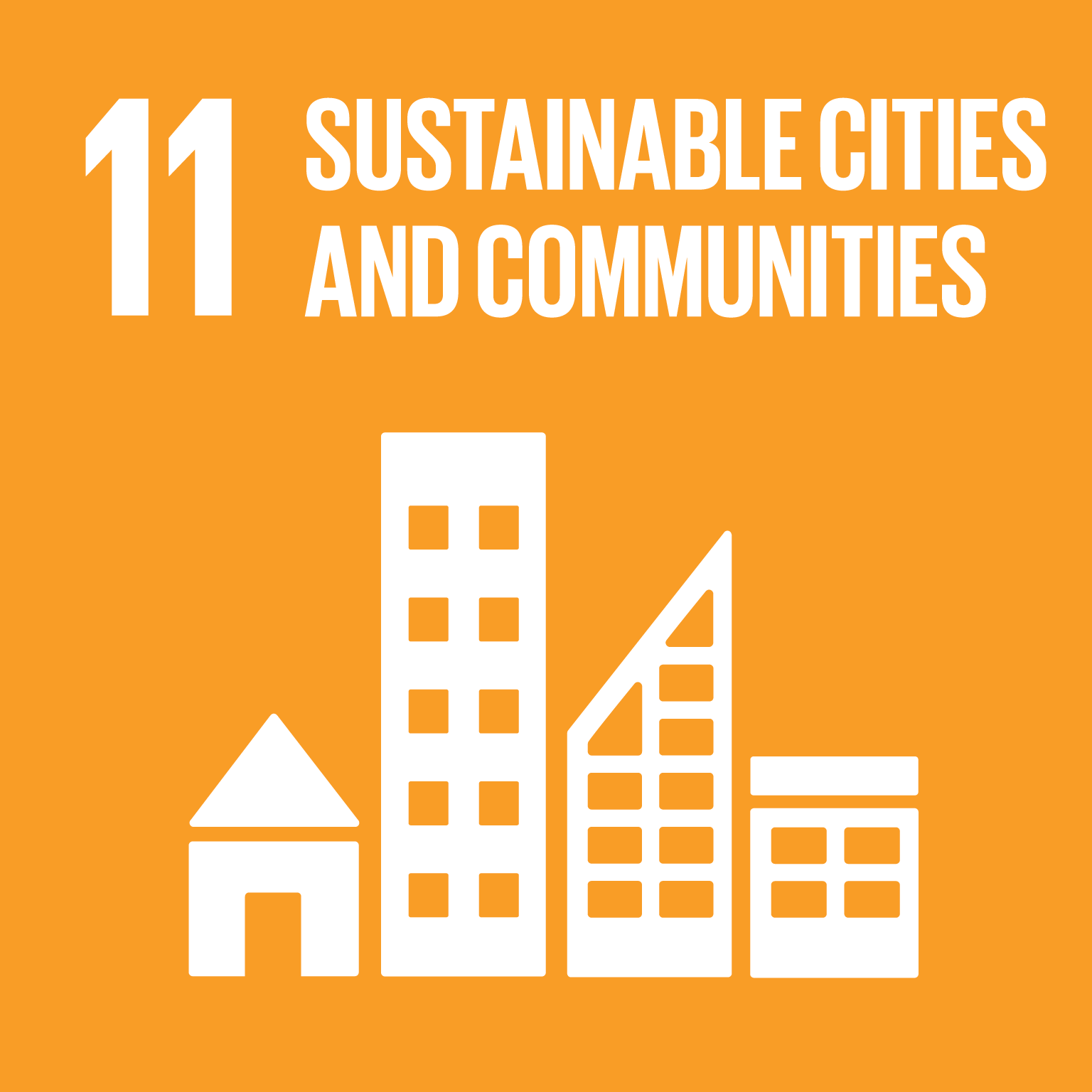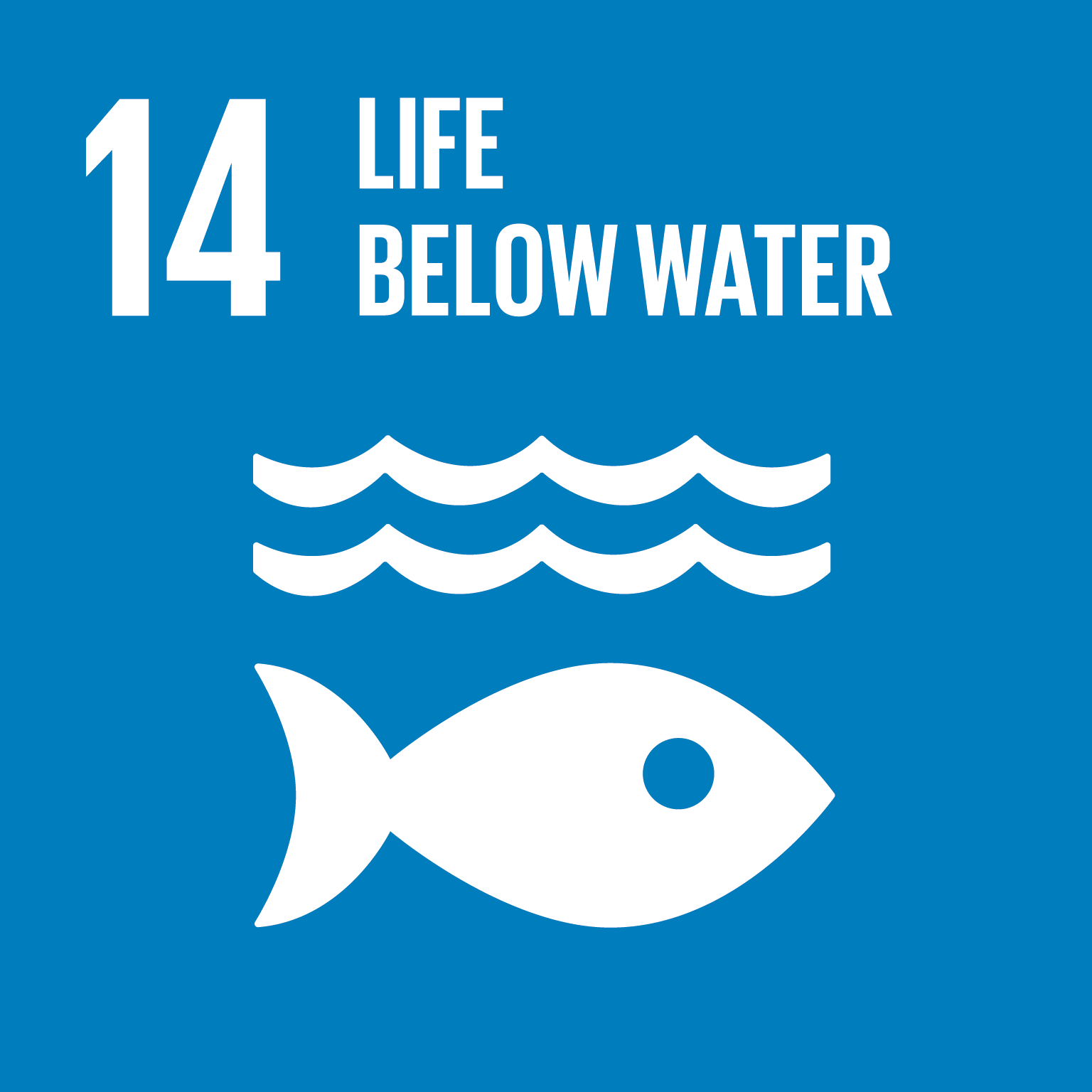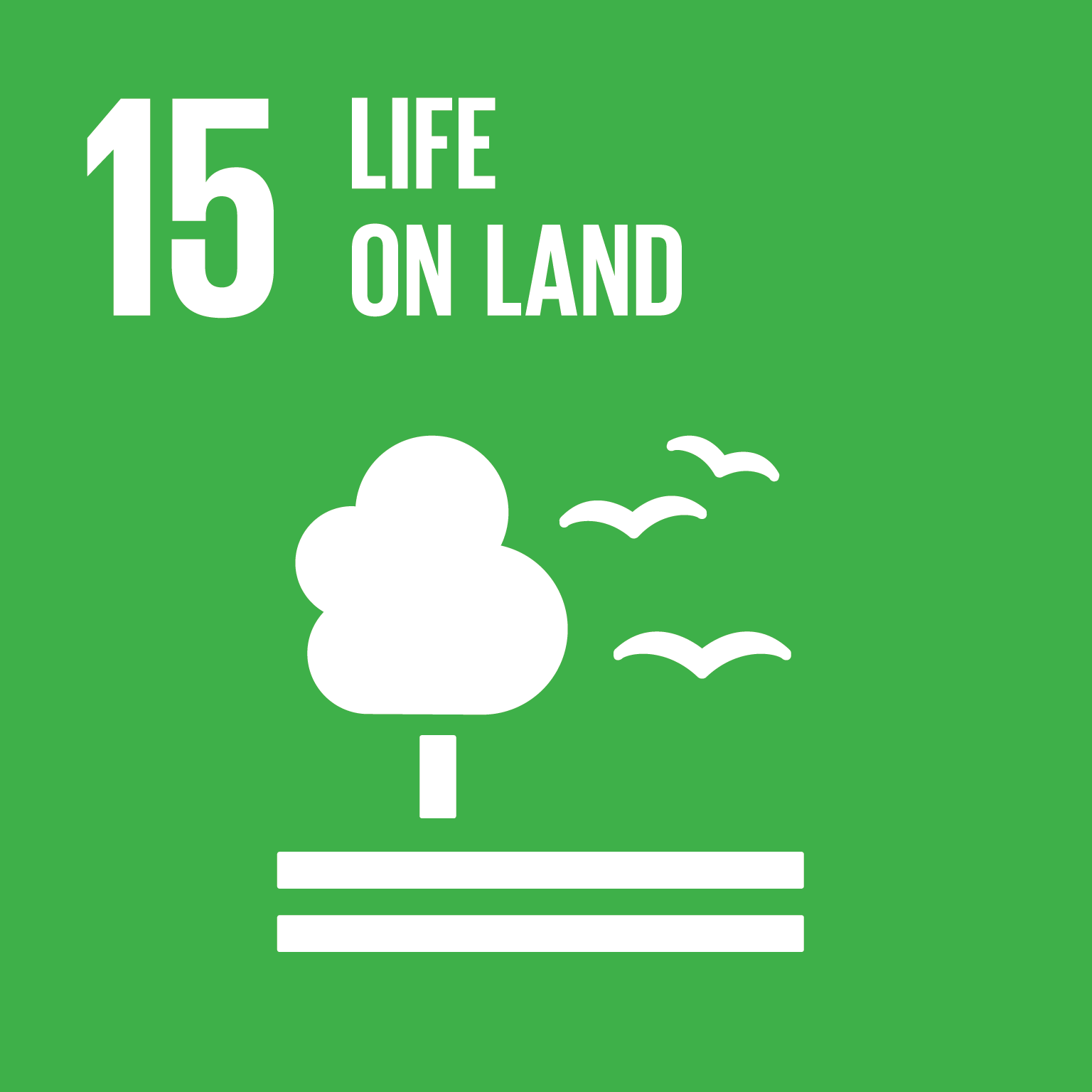Cell & Molecular Biology is one of the degree subjects available through the Biological, Biomedical & Biomolecular Sciences stream in the common entry Science course. Students study similar modules for all degree subjects in the Biological, Biomedical & Biomolecular Sciences stream in first year and will study modules for a minimum of two degree subjects in second year. At the end of second year, students choose their degree major. Assuming students meet all the academic requirements in first and second year, students are guaranteed a degree subject from the stream they are studying in second year. We do our best to ensure that students go on to study their top degree subject choice. As we offer plenty of degree subjects in each stream, students have a number of similar degree subjects to choose from as their degree major. For more information on choosing a degree major at the end of Second Year, visit the Biological, Biomedical & Biomolecular Sciences stream page.
This is a sample set of modules that a Cell & Molecular Biology student could study each year in UCD.
First Year
Scientific Enquiry • Cell Biology & Genetics • Basis of Organic and Biological Chemistry • Biomedical Sciences • Biology in Action • Life on Earth • Linear Algebra for Science • Calculus for Science • Optional Science Modules • Elective Module
Second Year
Biomolecular Lab Skills • Principles of Cell & Molecular Biology • Scientific Communication • Chemistry for Biology • + modules for 2 other Science Subjects • Elective Modules
Third Year
Scientific Writing for Biology • Plant Cell Biology • Genetics • Working with Biological Data • Advanced Cell Biology • Developmental Biology • Hot Topics in Cell & Molecular Biology • Cell Biology of Disease • Elective Modules
Fourth Year
Research Project or Critical Literature Review (in diverse areas such as cancer biology, drug delivery, genetic analysis and molecular imaging)
Biological Imaging • Cell Biology of Cancer • Biomedical Diagnostics • Programmed Cell Death • Cell Biology of Ageing • The RNA World • Human Genetics & Disease
Timetables & Assessment
Each student will have their own timetable based on their individual module selection. This is a full-time course and classes may include lectures, practicals and tutorials, depending on the subjects. Students will also be expected to study independently (autonomous student learning). Assessment varies with each module but may comprise continuous assessment of practicals, written exams and online learning activities.

